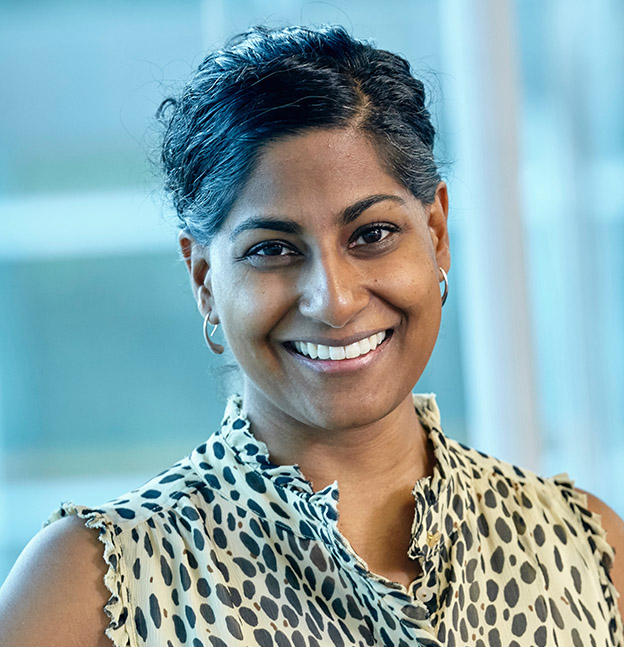Labarge Optimal Aging Initiative funds six new projects

Monica Maly, an assistant professor in Rehabilitation Science, is studying Resistance and Longevity for Older Workers with Arthritis through Exercise. The project is in its second year of funding thanks to the Labarge Optimal Aging Initiative.
The Labarge Optimal Aging Initiative, funded through a generous donation from Chancellor Suzanne Labarge, has awarded funding to six new projects for the coming year.
The projects are aligned with the theme of “mitigating risk and maximizing resilience,” and raise the total to 19 supported projects and a funding disbursement of $6.7M since the launch of the Initiative in 2012, including the $1.5M allocated for 2016.
The six new projects focus on mobility, chronic disease and knowledge translation:
- Helping Canadians get more involved in health and healthcare decisions: Adding a decision aids database to the McMaster Optimal Aging Portal ($98,538; John N. Lavis, Brian Haynes, Maureen Dobbins, Anthony Levinson, Parminder Raina, Sandra Carroll, Michael McGillion, Dawn Stacey)
- Identifying optimal combinations of nonpharmacological interventions for the prevention and management of osteoporosis and osteoarthritis complications in the elderly: A Bayesian network meta-analysis ($80,000; Joseph Beyene, Julie Richardson, Parminder Raina, Binod Neupane, Russell de Souza, Alexandra Papaioannou, Aliya Khan)
- Pilot study of a tailored home balance exercise program for reducing falls in older adults with Chronic Obstructive Pulmonary Disease, COPD ($78,150; Marla Beauchamp, Dina Brooks, Roger Goldstein, Stewart Pugsley, Julie Richardson)
- TAPER-F: Team Approach to Polypharmacy Evaluation and Reduction ($74,980 over 2 years; Dee Mangin, Lisa Dolovich, Gina Agarwal, Anne Holbrook, Henry Siu, Cathy Risdon, Julie Richardson, James Gillett, Mat Savelli, James McCormack, Daria O’Reilly, Kiska Colwill, Jane Jurcic, Scott Garrison, Barbara Farrell, Peter Gøtzsche, Johanna Trimble, Alan Cassels, William Brown)
- A new screening tool for cognitive impairment ($23,280; Karin R. Humphreys, L. Kathleen Oliver, Meghan McConnell, Karen Saperson)
- Preventing hip fractures in the elderly by mapping subject-specific finite element models ($74,956 over 2 years; Cheryl E. Quenneville)
In addition to these new projects, there are four initiatives entering their second year of funding in 2016:
- An Examination of a Unique Adult Day Service Model for Older Adults ($66,477; Vanina Dal Bello-Haas, Sharon Kaasalainen)
- Resistance and Longevity for Older Workers with Arthritis through Exercise ($94,098; Monica Maly, Peter Keir, Jim Potvin)
- Preventative Approaches to Preclinical Mobility Limitation for Community-Dwelling Older Adults ($50,000; Sinéad Dufour, Julie Richardson, Jenny Ploeg, Maureen Markle-Reid, Lehana Thabane, Carrie McAiney, Holly Reimer)
- Defining the Optimal Combination of Exercise and Nutrition for Maximizing Muscle Mass and Mobility in Aging ($100,000; Gianni Parise, Stuart Phillips)
The Initiative has also created a robust strategy for knowledge translation, including the McMaster Optimal Aging Portal, which was launched in 2014. The Portal offers the power of direct access to the world’s most trusted, evidence-based scientific information about optimal aging and the management of health conditions experienced by older adults. The work of the Portal team is complemented by the events and outreach coordinated through the McMaster Health Forum with a focus on optimal aging.
Further information about the new projects, the McMaster Optimal Aging Portal and other research projects supported by the Labarge Initiative is available at the Labarge Optimal Aging Initiative website.

